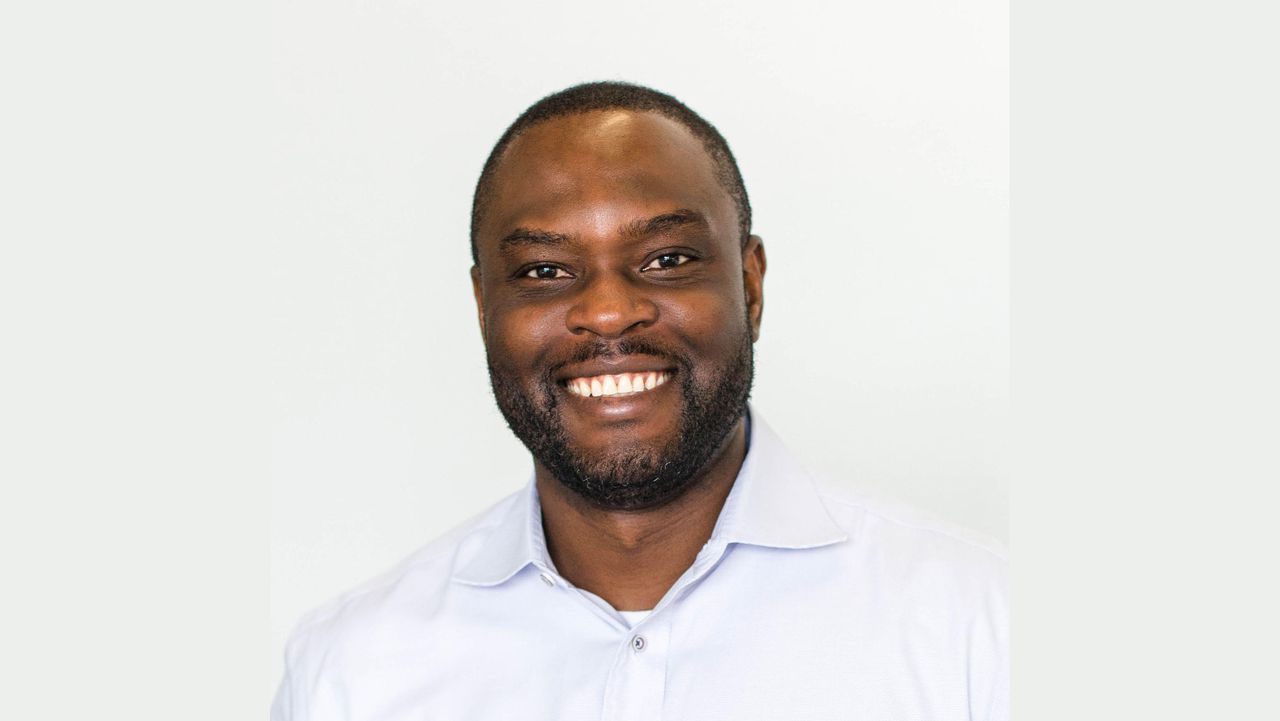Comeback Town: Local entrepreneur sells company for $1.2 billion – big win for Birmingham
ComebackTown giving voice to the people of Birmingham & Alabama.
Click here to sign up for newsletter. (Opt out at any time)
When you read this column, you may think it’s about a successful entrepreneur selling his business and making a lot of money.
He did make a lot of money, but the real story is that this man plans to build multiple businesses that will create many much needed high paying jobs.
Birmingham and Jefferson County have struggled for decades to attract fast growing companies to expand our employment base.
Yes, it’s true this man will likely make even more money, but that’s not the point, He’s committed to investing his time, energy, and capital locally when it might be easier to do elsewhere.
Meet Shegun Otulana–a man on a mission to transform Birmingham.
Having heard him speak, I’m excited for him, his employees, and especially Birmingham.
Shegun moved to Birmingham in 1998 from Lagos, Nigeria, to attend UAB, where he studied engineering and management information systems.
Shortly after graduation, he started Zertis, a computer software company.
Then in 2013, he founded TheraNest, a software solution for mental and behavioral health providers.
In May of 2021, he sold Therapy Brands, TheraNest’s parent company, for $1.2 billion.
He has a real love for Birmingham and his goal is to take the lessons learned from founding TheraNest and Therapy Brands to build Birmingham’s economy.
To do that, he founded Harmony Venture Labs (HVL).
HVL is an entity whose goal is to create other companies, specifically B2B SaaS (software as a service) products.
According to Shegun, over the next 10 years, “Our goal is to launch 40 new startups in Birmingham– with an aggregate value in the billions of dollars.”
He says “It took us about seven and half years to take our prior startup to a company worth north of a billion dollars. But I project we can build 10 companies over the next 10 years with the insights we’ve learned and with the support of a lot of people in our community.”
He fears “Birmingham has challenges to building high-growth companies–lack of capital and talent staying in Alabama, but I feel me and my team can overcome these obstacles and turn these problems into an advantage.”
He says “I’ve witnessed entrepreneurs making the same mistakes over and over again throughout the ideation, customer validation, and product development stages of growing a company.”
But he feels “I’ve found a way to avoid many common startup pitfalls by doing market validation first.” He says “You can significantly increase chances of success by ensuring there is a big enough problem in the market that people actually care about.
He and his team are creating a mechanism to move the needle past a single-digit success rate that you might typically find around technology startups.”
He feels “if we can bring the capital, create the right teams, and find the right partners, we can significantly increase chances of success.”
He says “HVL takes a venture equity approach to building companies. Venture capitalists and private equity people take a lot of risks, so they are more interested in companies that are very capital efficient and very profitable. My experience is that those companies actually have a better chance of succeeding in a place like Birmingham.”
He said he was fortunate that “we became very profitable very fast. We did not raise a lot of money. My company was very capital efficient and built a company that became profitable within its second year. This is certainly not the norm, but being capital efficient has become a best practice.”
To date, “My team and I have created a lot of ideas and have launched six companies within the HVL Studio. Most were internally-generated, and a few were early-stage companies we acquired.
Those companies are already generating several million in annual revenue. HVL is about two years into its journey, and we’re happy with the pace of achieving goals.”
And the ‘why’ behind HVL for him, personally is “it will be a powerful vehicle to do all the things I care about…building teams, building companies, value creation, and Birmingham.”
He says “it’s the perfect platform to do all these things and to create momentum in the tech ecosystem.
His hope is that in 10 years there will be multi-billion dollar HVL-affiliated companies all around our city.”
This an approach he believes is perfectly aligned with Birmingham’s future–which he feels is truly bright.
David Sher is the founder and publisher of ComebackTown. He’s past Chairman of the Birmingham Regional Chamber of Commerce (BBA), Operation New Birmingham (REV Birmingham), and the City Action Partnership (CAP).
Click here to sign up for our newsletter. (Opt out at any time)
